Cough is your body's response when an irritant irritates the throat or airways. The irritant stimulates the nerves that send messages to your brain. The brain then instructs the muscles in the chest and abdomen to immediately push air out of the lungs to expel this irritant. An occasional cough is a normal and healthy phenomenon.
COUGH: What is a cough? | Types of Cough | COLOR of coughed-up mucus | What causes a cough? | Cough TREATMENT | Doctor's help | Home Remedies | Questions and Answers | Sources/references
Cough is a spontaneous reflex of the human body. When foreign substances such as mucus, germs, or dust irritate your throat and other airways, your body responds automatically and often violently by coughing. Like other reflexes like sneezing or blinking, coughing helps protect your body.
Coughing is the human organism's way of how your body reacts when something irritates your throat or airways. First, the irritant excites the nerve endings, which further send a message to your brain. The brain then immediately reacts by "instructing" the toe box muscles to push air out of the lungs to expel this irritant.
Image: Coughing can deplete you.
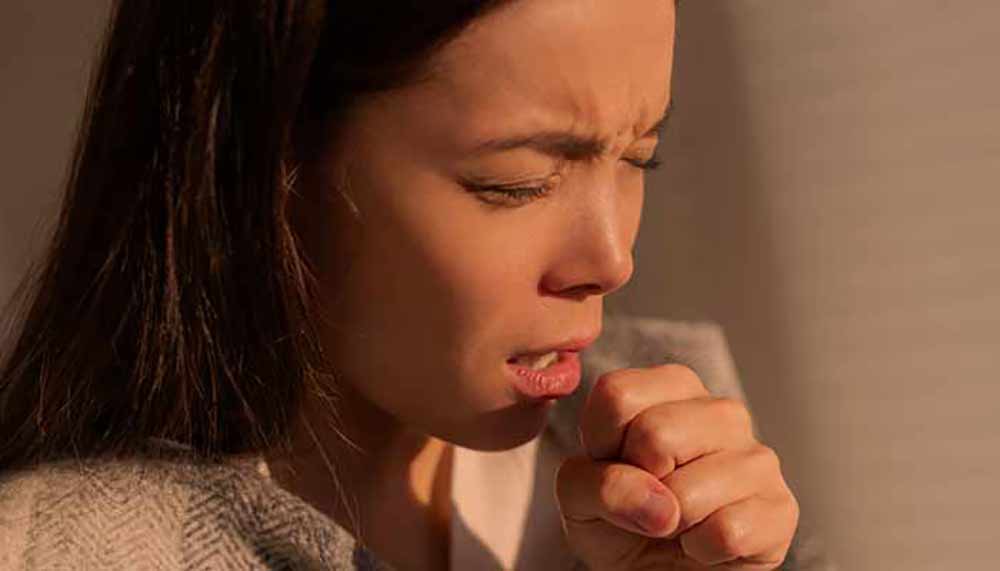
There is also a so-called occasional cough, which is normal and healthy and often only suggests clearing the airways. However, a cough that lasts for several weeks or produces discolored or bloody mucus may indicate a condition that usually requires medical attention.
The cough can sometimes be very strong - often even tiring. Prolonged, vigorous coughing can irritate the lungs and cause an even stronger cough. It is also exhausting and can cause insomnia, dizziness or fainting, headaches, urinary incontinence, vomiting, and even broken ribs.
We know several types of cough.
There are many different types of cough with other characteristics that can help your GP identify the underlying problem that is causing this type of cough. For example, if phlegm appears simultaneously as a cough, this is called a productive cough and can indicate, in the worst case, even pneumonia, bronchitis, or the flu.
The mucus color can often help explain and find the reason for a specific medical condition associated with a cough more quickly. For example, see a doctor if your cough produces yellowish-green mucus or occasionally even blood.
Video content: we know several types of cough - which one do you have?

A cough that does not produce mucus is called a dry or nonproductive cough.
An acute cough is the least severe form and often does not cause unusual health complications. It only lasts three weeks or even less and usually goes away independently. In addition to the listed characteristics, this type of cough does not require medical attention.
However, if this type of cough is also accompanied by other symptoms, such as fever, headache, drowsiness, or difficulty breathing, it is imperative to inform your physician. In addition, a cough that makes certain sounds, such as wheezing, wheezing, or barking, can also indicate a bigger problem.
Chronic cough often lasts more than eight weeks and may signify more severe or chronic lung disease.
Video content: causes of chronic cough

Productive cough - COLOR of coughed-up mucus
A productive cough is often the result of irritants, potential allergens, and infectious foci within the respiratory tract.
Large amounts of coughed-up mucus are often the result of upper respiratory tract problems.
The intense drip and secretion results are a blocked nose, elevated body temperature, and painful infected throat.
Video content: what the color of coughed-up mucus can mean - a tip for you.

The colors of coughed-up mucus can be as follows:
1. WHITE MUCUS COUGHED UP
White mucus is a common sign of allergy in the respiratory tract. It can also suggest a viral infection somewhere along the respiratory system.
2. GREEN COUGHED MUCUS
Very often suggests a bacterial infection.
3. RED MUCUS Coughed up
It is often the result of damage to the lungs or a malignant formation in the area of the lungs, possibly lung cancer.
4. BROWN COUGHED MUCUS
Suggests problems with the lungs; the lungs are affected by the disease. It is essential to contact your doctor to find out what type of illness it is.
What can cause a cough?
These are the most common causes of an acute cough - lasting less than two months:
- Upper Respiratory Tract Infections: Nose and throat infections are the most common cause of cough associated with an upper respiratory tract infection. They are usually associated with fever, sore throat, and runny nose. Viruses, including the common cold, viral laryngitis, and flu, almost always cause them.
- Hay fever (or allergic rhinitis): a common allergic condition that mimics the symptoms of the common cold. It is usually associated with a dry cough, sneezing, and runny nose.
- Inhalation of irritants: acute exposure to certain vapors and irritants can cause inflammation of the throat and airways and cause coughing.
- Lower respiratory tract infections are more severe viral and bacterial infections that usually cause a deep, prolonged cough and fever. They can affect the respiratory tract (bronchitis) or extend further into the lungs (pneumonia).
- Pulmonary embolism: this is a potentially life-threatening condition in which a blood clot travels, usually from the legs, to the lungs, causing sudden difficulty breathing and sometimes a dry cough.
- Lung collapse (or pneumothorax) is the result of lung emptying. It can be spontaneous or the result of an injury to the chest. Signs of a collapsed lung include sudden chest pain, a dry cough, and shortness of breath.
- Heart failure: A weak or diseased heart can cause fluid to build up in the lungs, causing coughing and worsening shortness of breath.
- Postnasal drip: this condition presents as a dry cough caused by chronic mucus dripping from the back of the nose into the throat. This usually happens after a recent infection or constant exposure to an allergy trigger.
- Gastroesophageal Reflux: This digestive disorder occurs when stomach acid frequently backs up into the esophagus, causing heartburn. When the acid rises in the throat, it can also cause a dry cough.
Cough treatment methods
1. Medicines
Over-the-counter cough medicines can help in several ways. For example, inhibitors reduce the urge to cough, while expectorants thin the mucus and make it easier to cough it up.
2. Home remedies
drink warm liquids, inhale warm, moist air (use inhalers), and use cough drops.
Video Content: Natural and Home Remedies and Cough Tactics

Add a spoonful of honey to hot tea.
3. Avoid cough triggers
if you suffer from allergies or asthma, remove allergens from your home - keep pets out of your bedroom. Use air conditioners with air purification capabilities - especially during the pollen season. You won't notice the effects immediately, but if you stay away from these allergens, you'll feel better.
4. Treatment of other related problems
coughs triggered by: asthma, acid reflux, COPD, and other medical conditions require special treatment - often, medication is needed. Again, consult a doctor or specialist.
5. Time
common viruses are the most likely causes of cough. Often the cough can last for weeks or even months after the virus has cleared. Eventually, your airways will heal, and the cough will stop automatically.
When to see a doctor?
Most persistent coughs are harmless. But you often can't figure out the causes yourself. If your cough doesn't improve after one week, it's time to call your doctor. See him as soon as possible if the cough interferes with your daily life and ability to work or if it is associated with any of these other symptoms:
- Problems with breathing,
- Pain in the chest,
- Constant heartburn,
- Coughing up blood,
- Fever or night sweats,
- Sleep problems.
Home remedies for easier coughing
Natural and home remedies for expectoration and cough include herbs and other natural substances that help clear the airways. Above all, natural remedies help alleviate the symptoms caused by inflammation of the upper respiratory tract.
Video content: home remedies for cough relief

When you get an infection or your throat is irritated from a hard cough, cells in your throat or upper airways trigger your immune system to fight the inflammation. Therefore, you can alleviate symptoms by reducing inflammation.
Some natural ways that can be effective in treating cough:
1. Water
Water increases the moisture in mucus, making it easier to expel. Therefore, in case of an acute cough, water is often the first solution (as an effective first expectorant).
Drink water regularly, on its own, or, for example, in the form of herbal tea or other unsweetened beverages. Similar effects can also be achieved by gargling with salt water, regular use of an air humidifier, or steam inhalations.
2. Between
Honey has been used for centuries to relieve coughs and similar problems, and studies show that honey is an effective remedy for throat problems. To use honey as an expectorant, dissolve a spoonful of honey in a glass of warm water or tea and drink the mixture throughout the day. Honey should not be given to children under one year of age.
3. Inhalation of essential oils
You can keep your mucous membranes moist by inhaling steam from lightly salted water and essential oils from plants such as eucalyptus and rosemary. You can also put a few drops of these essential oils on a handkerchief and breathe deeply to clear the nasal passages.
4. Ginger
It can often be used as an effective aid - especially in the cold season.
Video content: how to make ginger tea?

Ginger relieves congestion in the ciliary flow of mucus. To use it, crush a piece of ginger, cook it in a pan of boiling water for a few minutes, and drink it throughout the day.
5. Spruce tops
If you have a persistent cough, spruce top extract can help. Soothing syrup, indicated to relieve symptoms associated with mucus secretion in the respiratory tract, helps to remove potential irritants. In addition, the natural sugars in the spruce tops help thin secretions and give them a pleasant taste.
Questions and Answers
What are the four types of cough?
The four main types of cough are as follows: wet cough, dry cough, suffocating cough, and whooping cough. Most coughs go away on their own. However, home remedies and over-the-counter cough medicines can help relieve cough symptoms.
What kind of cough accompanies Covid?
A dry cough is one of the most common symptoms of the coronavirus, but some people may have a cough with thick mucus. A cough can also be a force that can be difficult to control, but there are quite a few ways to help yourself - often, a pharmacy will help you[1].
How to cure a cough?
- Regulate your lifestyle and use home remedies
- and drink fluids regularly. The liquid helps to thin the mucus in the throat. ...
- Take cough lozenges or hard candies for this purpose. They can relieve a dry cough and soothe an irritated throat.
- Consider taking honey. A spoonful of honey can effectively reduce a cough...
- Moisturize the air, and as a result, breathing will be significantly easier...
- Avoid tobacco smoke[2].
What are the leading causes of cough?
- Postnasal drip - this is a problem where your sinuses produce extra mucus that often drips backward, down the back of your throat, triggering your cough reflex as a result...
- asthma...
- GERD disease...
- various infections. ...
- chronic obstructive pulmonary disease
- taking certain blood pressure medications[3].
Sources and references
1. Long COVID: Cough - https://www.nhsinform.scot
2. Slideshow: Tips for Calming Your Cough - https://www.webmd.com
3. Chronic cough - https://www.mayoclinic.org/





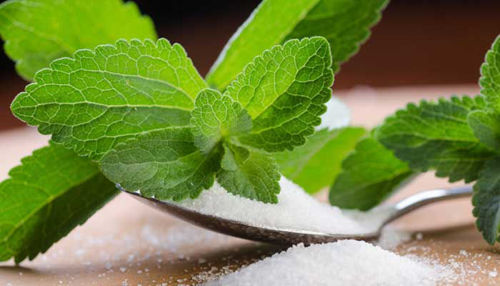
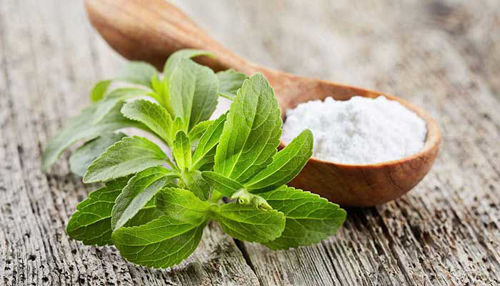
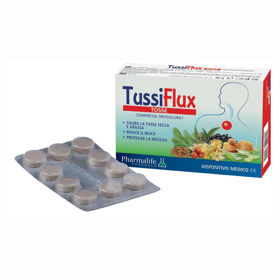
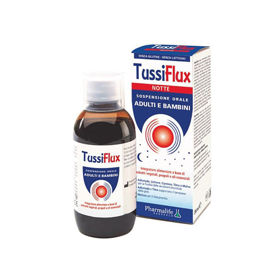
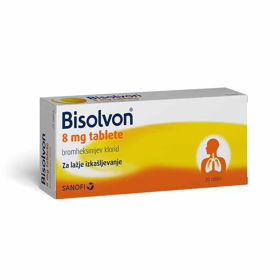
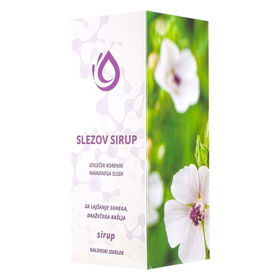

 Facebook
Facebook
 Instagram
Instagram
 info@moja-lekarna.com
info@moja-lekarna.com

